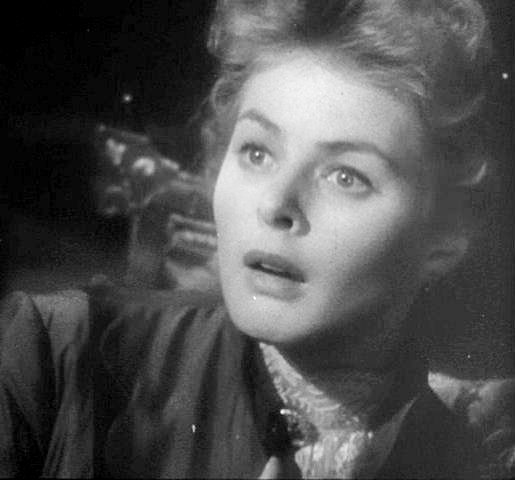 Most of the time I interview people and allow the things they ponder to guide my writing. This is not that article. This is about my late night pondering. Excuse the indulgence, but it’s been a a tough year and I’m prone to sleepless nights and thoughts.
Most of the time I interview people and allow the things they ponder to guide my writing. This is not that article. This is about my late night pondering. Excuse the indulgence, but it’s been a a tough year and I’m prone to sleepless nights and thoughts.Unable to sleep, I was ruminating on epigenetics and elephants. They may seem odd things to stay up at night about, but these are seriously important.
What epigenetics does is shake things up. DNA decides who we are but life turns our genes on and off - impacting everything from the architecture of our brain to the diseases we have. If you want to keep up at night too, just read about how this happens and how we can reverse the DNA changes that happened to your grandmother.
What actually jolted me out of a slide into a lovely slumber was a child. In a shopping cart. I was young - probably around 8 - and shopping with my mother. A child less than 2 in a cart passed by and she was sobbing. Her mother, her face clenched in that angry way that makes people truly ugly, slapped the child and said, “Cry again and I’ll give you something to cry about.’ As if that poor child didn’t have enough to cry about. I said to my mother, “Do something!” She said, “Shh.” Afterwards, my strong, well-educated mother told me that much as she would like to, it’s impossible to change how people parent.
There are many things that make us decide on our profession and making medicine my choice was about a series of decisions. All of them started at that moment. I was going to get an education that could help that child.
Choosing medicine would never have been something I did if I didn’t see a road to working with the damaged, the broken and, as I eventually did, stop the breaking and beating. I only went into medicine to work in mental illness. Let me tell you about mental illness and medicine and the place it has. Many wonder why anyone would chose it. I have literally had people ask why I gave up medicine and chose to work with mental illness. Let me get this perfectly clear, I am a doctor who works with the mentally ill. As a doctor, I bring skills to the table because no brain tumour masquerading as depression gets past me. So, I am a doctor. Who works in one of the most important fields of medicine: with the mentally ill. I didn’t fall into it. I marched toward it, and went through medical training and 8 years of specialty training to have the privilege of working with patients that I wanted desperately to work for.
And that’s where epigenetic comes back in. Changing someone’s mental illness changes their genes. Leaving it does too. Those illnesses that all doctors battle, well I battle them too. In a different way, on a different battlefield, but it’s all medicine.
This all made me think of Dr. Fraser Mustard, who I had the honour of meeting numerous times. The last time I saw him was in his lovely home in Toronto, where his children lived in the apartment above him. After an illustrious career in medicine he had ended up pondering epigenetics and childhood trauma. He wrote about it brilliantly. He advocated for children. He was very old when i met him but this belief in helping children made him seem ageless. Children do that to you. In his apartment, so full of interesting things, was where I first thought of how he must stayed up at night worrying about children and that made it his life’s work at the end.
Sometimes, at the end of a career, you ponder the beginning. The thing that started it all. The work you have done and the value of it all.
Now I’m writing another book. It isn’t a departure from any of my other work. It is about the lost, the damaged and the suffering. I can’t change course because I simply don’t want to. It is what we see, truly see, that decides our course in life.
There is an African Zulu greeting: “I see you.” It is a haunting saying. When I was young, I visited many zoos around the world because my biologist father would meet other biologists and talk about the conservation efforts they were making at their zoos. I understand the conservation part. I do. But I really didn’t give a damn then, or even now. I hated zoos. Seeing the animals, really seeing them, in cages that were far too small or chained up - because that was the way zoos were then - I could see that the cages and chains around the elephant legs were truly like beatings. They diminished these animals, and their suffering was evident to anyone who bothered to look. In East Africa, where we spent many months on various trips, I saw wild animals on the plains. My first sight of elephants, not in chains but walking and taking such tender care of each other, made me fall in love. For the wildness of them. For the beauty of them. For the tenderness. I saw them.
Medicine or writing or elephants - it is all about seeing. All of it will keep you up at night if you let it. And these days I do.
And that child, being beaten in a shopping cart for all the world to see but not intervene. That too. That always. It shaped my life. I wish I could have told that tiny darling that.


